Bubbly tips for the festive season: Drink British, ignore the silver spoon and abandon the coupe
Charlie Holland, head winemaker and CEO of Gusbourne, talks to Hetty Lintell about how and what to drink this Christmas.
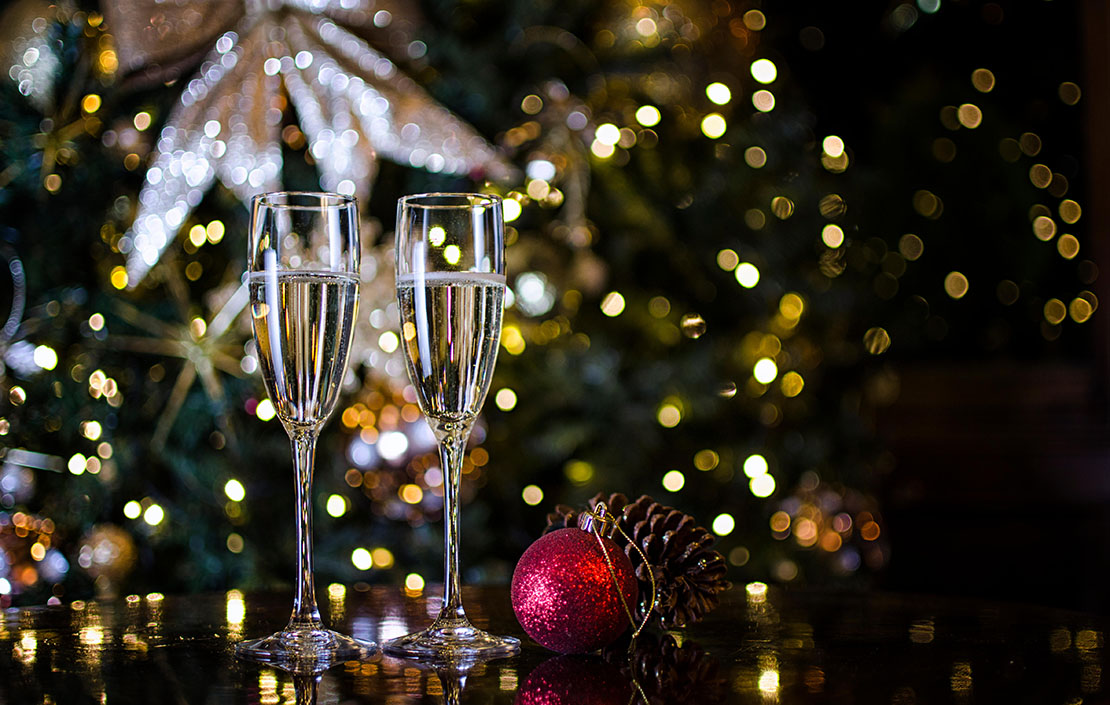
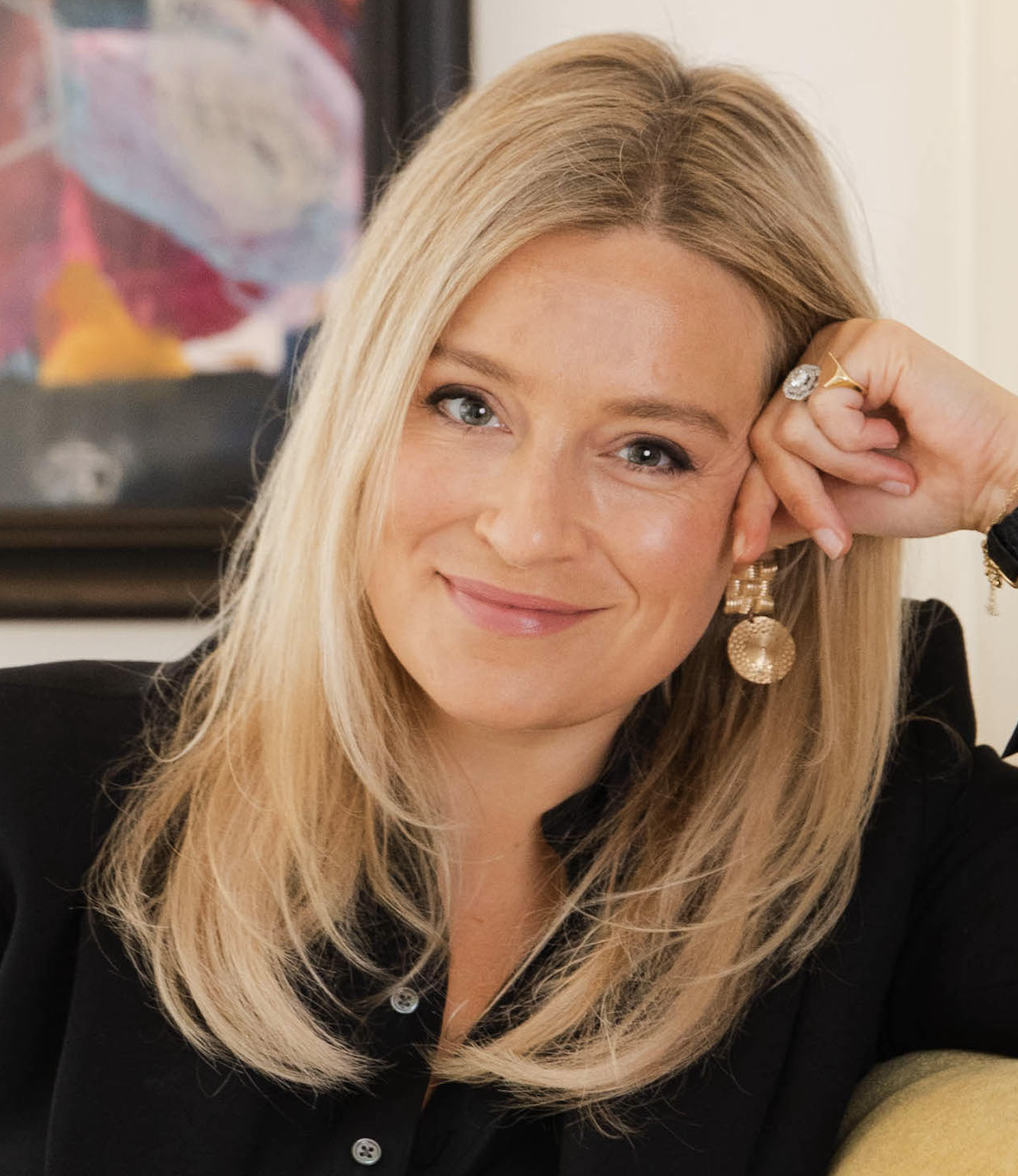
Christmas wouldn’t be the same without bubbles of some sort and some of the finest sparkling wine is found on English soil. With the trend for buying British ever growing, there is no better time to try English sparkling wine and, if you’re investing in something special, you’ll want to know where it comes from.
‘English wines are more pretty and elegant with a lovely vibrancy to them – they are exciting to drink, more unique and individual ’
‘Many companies buy in grapes from other estates,’ explains Mr Holland, ‘but we use our own, picking only what we want to pick when it’s ripe and ready.’ Mr Holland isn’t trying to make perfect wine—he feels it’s more important to produce something that has a sense of expression and place: ‘A terroir effect.’
Charlie Holland’s tips for sparkling-wine drinking this season
Make sure you buy traditional method (it will say on the label). It’s more time consuming and expensive to make, but the end product is by far the best.
When you pour it, you should get a lovely little mousse collar around the top, but, most importantly, there should be thin trails of bubbles coming up from the centre. It should last 10–15 minutes without going flat.
Some 90% of flavour comes from the nose, so serve in a wine glass or tulip-shaped glass to better channel the aroma. Coupe glasses are pretty, but aren’t best for showing off the bubbles or the taste and aroma.
English sparking wine is perfectly suited to smoked salmon, due to the higher level of acidity cutting through the oily fattiness of the fish – it works the same as a slice of lemon. The more Pinot Noir in a wine, the more it can stand up to other dishes.
The best party wine is our Classic Cuveée – a mix of three grapes, Chardonnay (length and acidity), Pinot Noir (texture and silky) and Pinot Meunier (a red grape similar to Pinot Noir that helps to bind the other two grapes together).
Sign up for the Country Life Newsletter
Exquisite houses, the beauty of Nature, and how to get the most from your life, straight to your inbox.
Once opened, it will keep longer the more wine is left in the bottle (less air). Don’t use a silver spoon – it doesn’t work. Use a stopper that clips on.
Keep it at a constant temperature – 12˚C–14˚C degrees in a cellar is perfect, with some humidity so as not to dry the cork out. EuroCave make very good wine fridges.
Chill your glasses in the fridge, as well as the bottle. To cool a bottle quickly, wrap in wet kitchen towel and put in the freezer – just don’t forget about it!
Don’t save it for a special occasion, drink it on a Monday, on its own, and make the wine the occasion.
Christmas drinks gift guide: Best gin, best whisky, beer and more for the festive season
Whether you're keen to pour your own draft beer, drink Cotswolds whisky or enjoy a raft of different gins, we've
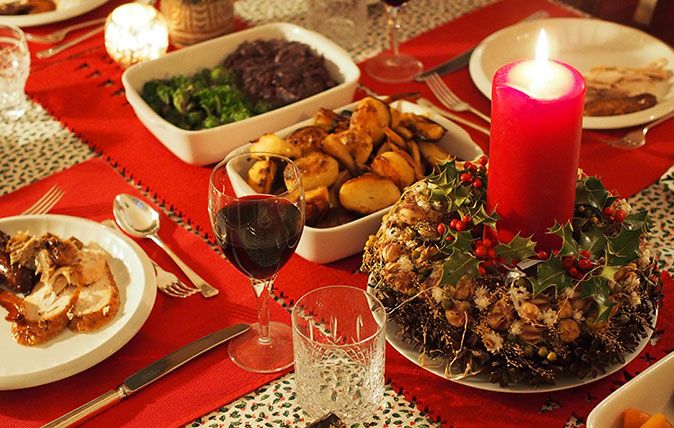
Credit: Alamy
How to drink your way through Christmas lunch
Our expert Harry Eyres picks out wines perfectly-matched for a traditional Christmas Day feast.
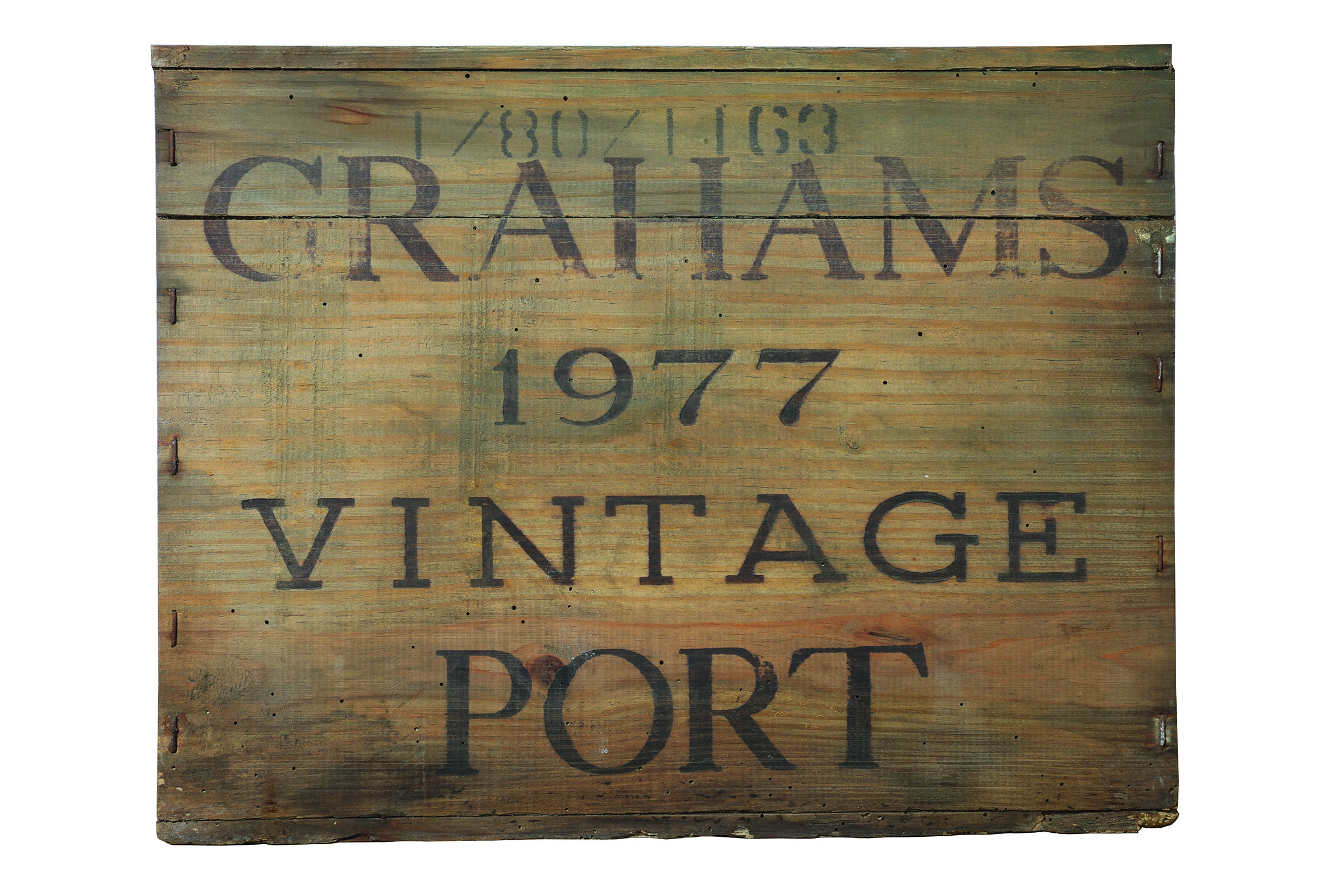
A drink for all seasons: The Queen Mother's favourite £70-a-glass port, a 1970s party throwback and boozy Christmas baubles.
Our weekly round-up of the best new booze to try has it all.
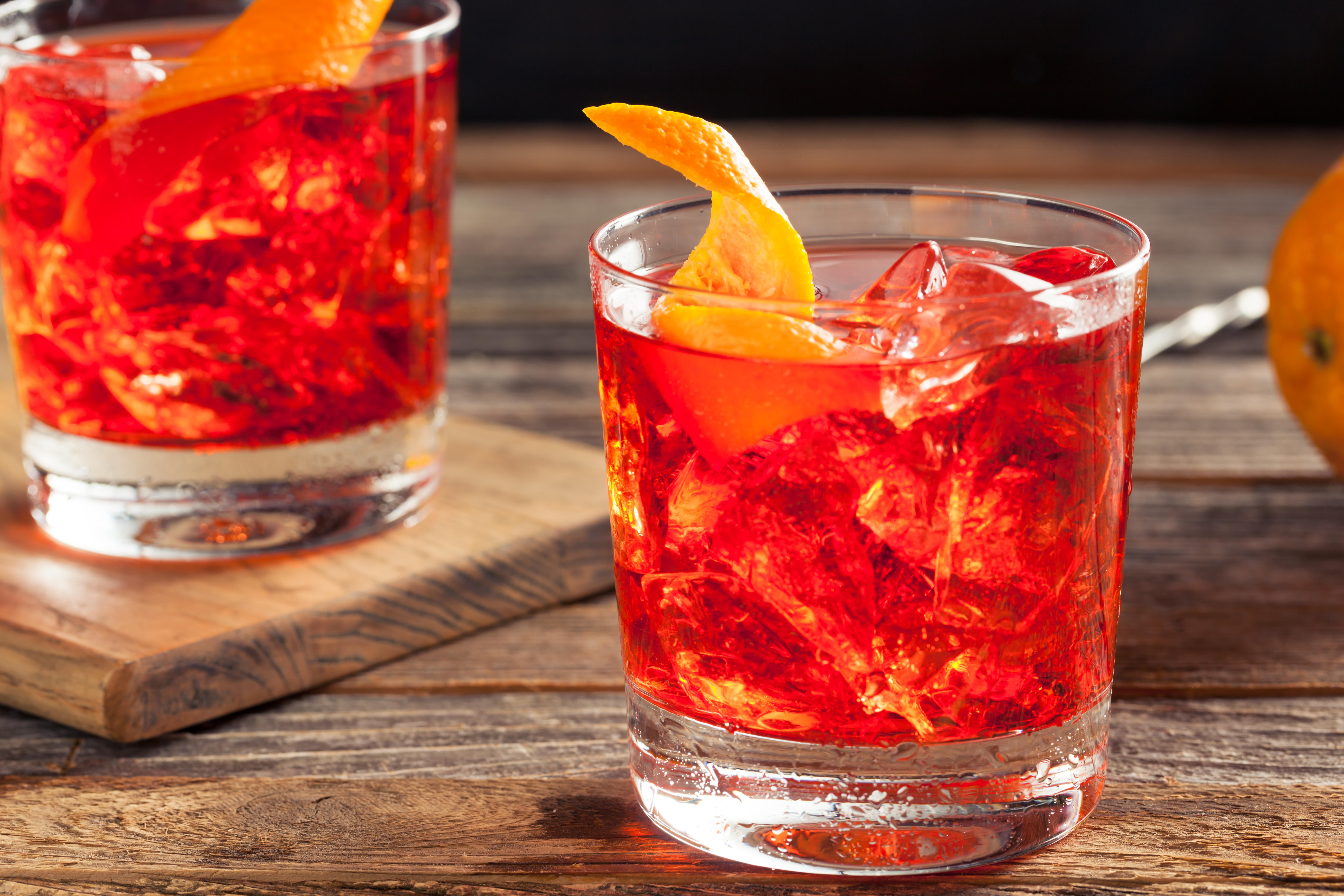
Credit: Alamy
The strange case of the Negroni revolution
Sharp and complex, the bitter-sweet Italian digestif Amaro is enjoying a new-found popularity on British shores, says Flora Watkins.
Hetty Lintell masterminded the launch of the magazine’s Luxury pages back in 2012 and has overseen them ever since. She also edits Gentleman's Life, Country Life’s annual men’s lifestyle supplement, and styles and art-directs all of the magazine's fashion and still-life shoots. Her real forté, however, is compiling top-notch goodie bags for any party the magazine hosts. The best-dressed member of the team, Hetty can normally be found darting between Bond Street and a photographic studio in East London.
-
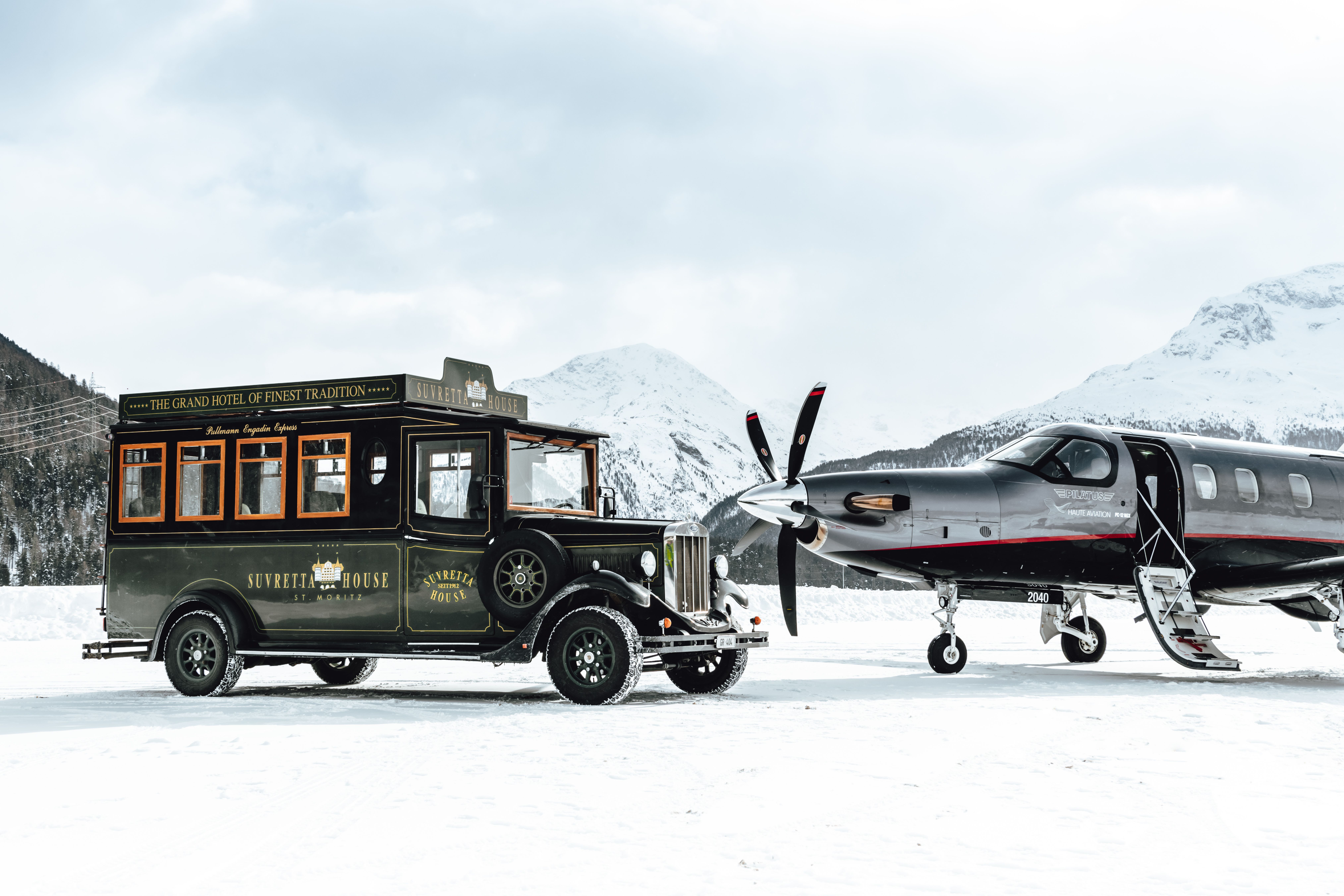 Everything you need to know about private jet travel and 10 rules to fly by
Everything you need to know about private jet travel and 10 rules to fly byDespite the monetary and environmental cost, the UK can now claim to be the private jet capital of Europe.
By Simon Mills
-
 'I'd willingly give a year of my life for a fortnight there': The green dream that is the garden of Derreen
'I'd willingly give a year of my life for a fortnight there': The green dream that is the garden of DerreenExotic woods, labyrinths of narrow, mossy paths and thousands of tree ferns make this an internationally important garden, writes Charles Quest-Ritson. Photographs by Jonathan Hession.
By Charles Quest-Ritson
-
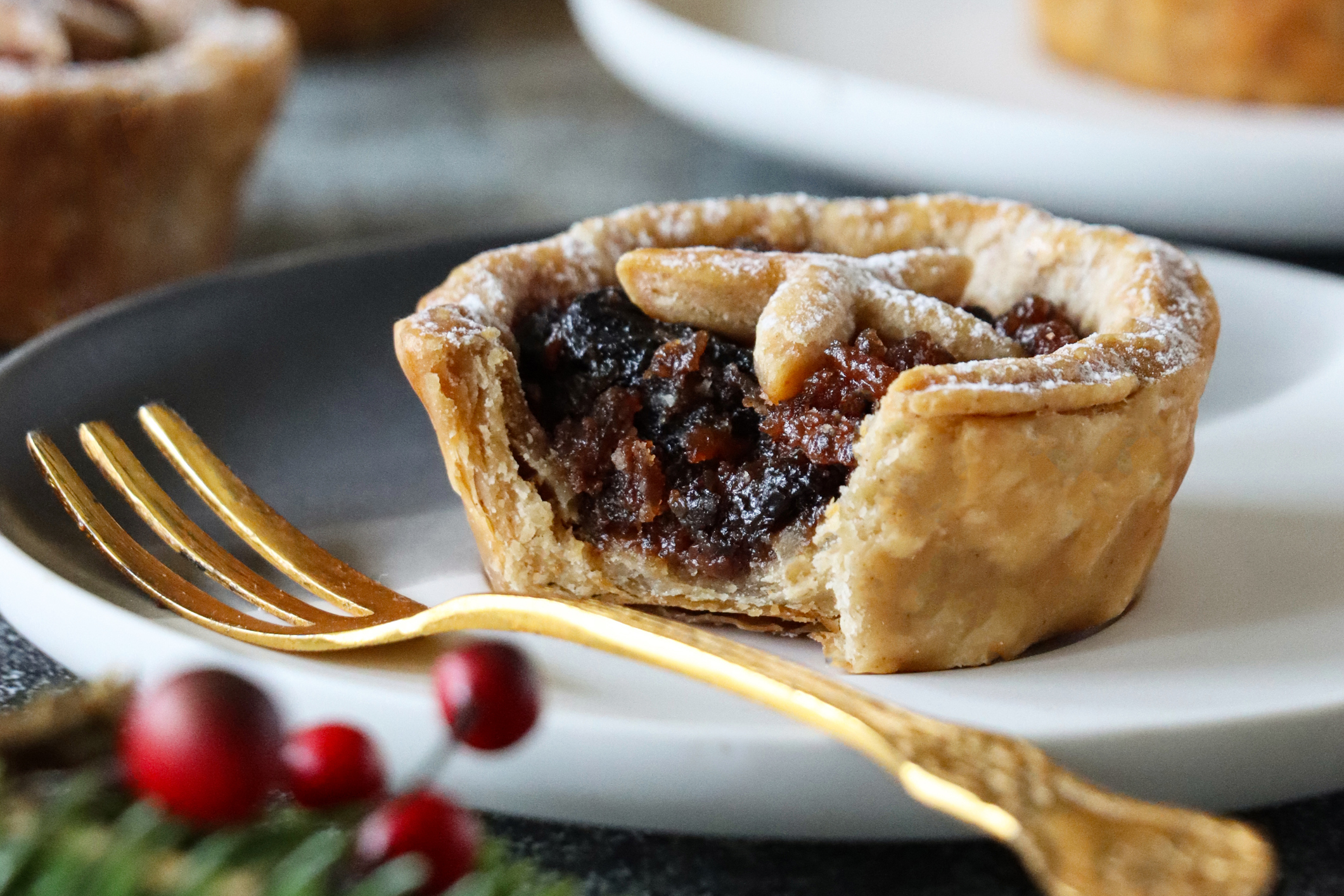 Mince pies really did once contain meat — and this Victorian recipe will convince you that they should to this day
Mince pies really did once contain meat — and this Victorian recipe will convince you that they should to this dayOnce packed with meat, such as ox tongue and mutton, alongside dried and candied fruit and extravagant spices, the mince pie is not what it once was — and food historian Neil Buttery says that's made them worse.
By Neil Buttery
-
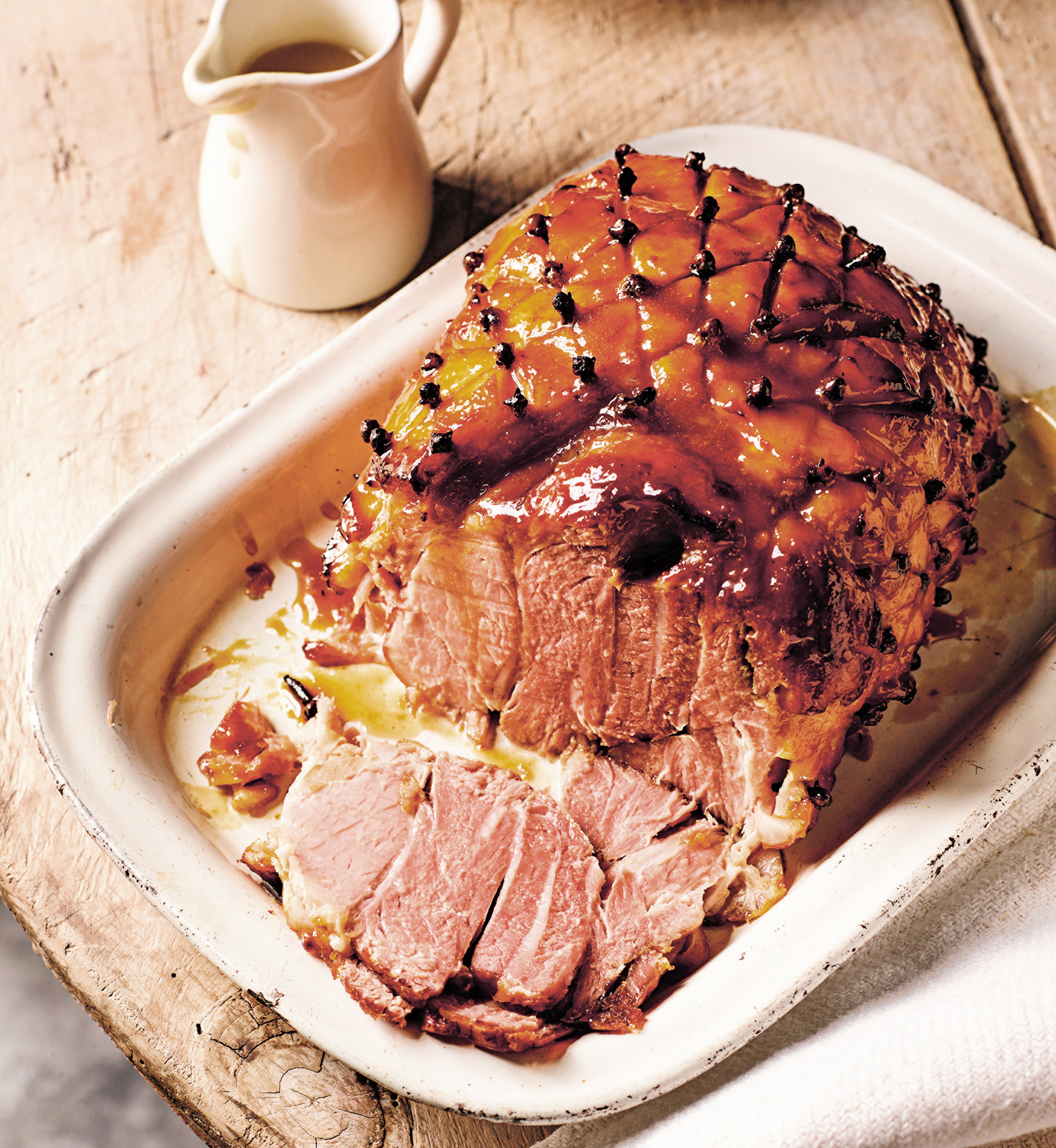 Tom Parker Bowles: Forget turkey and pigs-in-blankets — the Christmas ham is the king of the yuletide feast
Tom Parker Bowles: Forget turkey and pigs-in-blankets — the Christmas ham is the king of the yuletide feastRibboned with fat and gleaming with a clove-studded glaze,Tom Parker Bowles sings the praises of the succulent Christmas ham.
By Tom Parker-Bowles
-
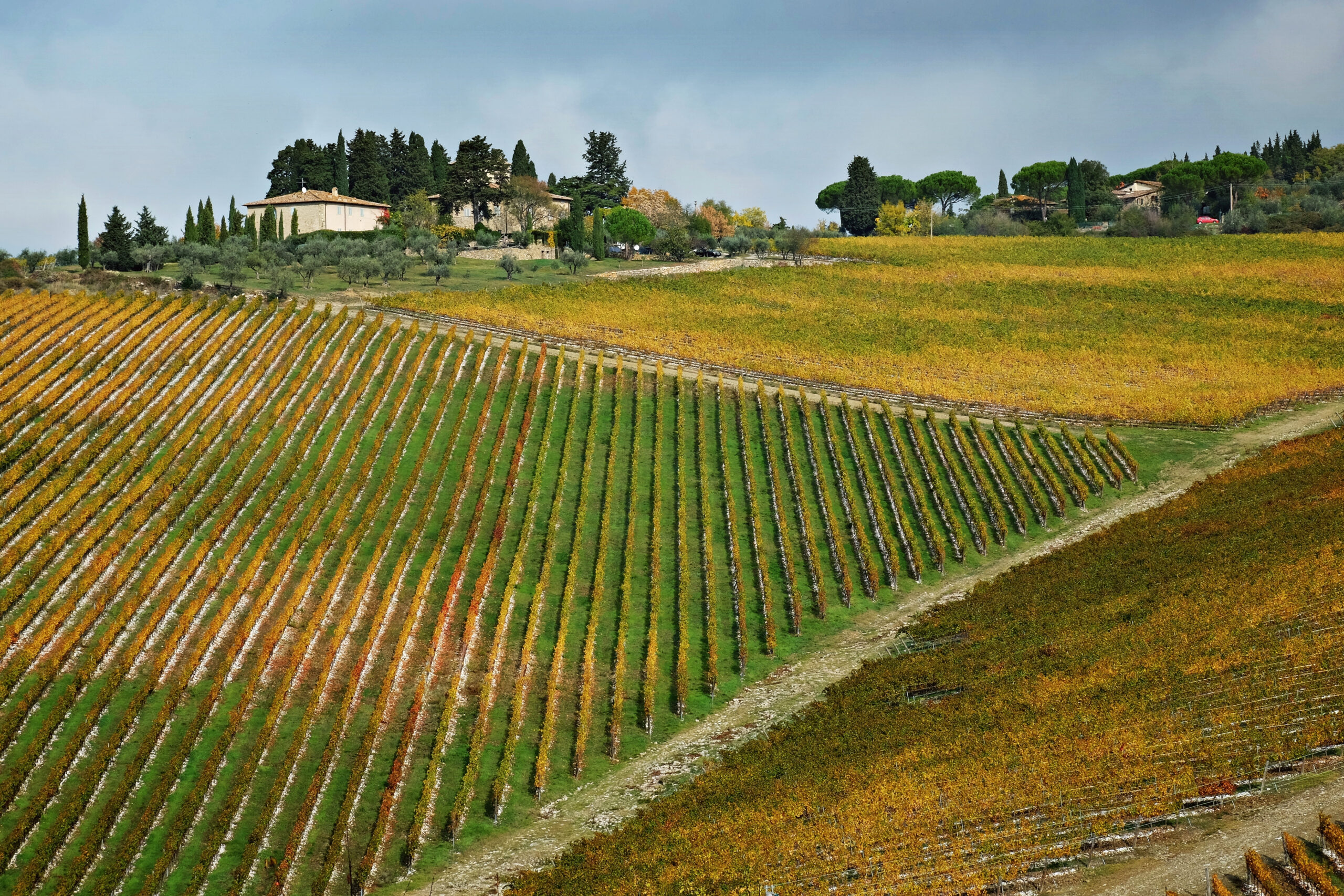 What to get the wine lover who has everything? How about a 300-bottle barrel, a string of über-vintages or a wine that comes with a trip on a private jet
What to get the wine lover who has everything? How about a 300-bottle barrel, a string of über-vintages or a wine that comes with a trip on a private jetOne of the most storied wine-producing families in Italy has put up a series of rather incredible bottles (and more) in Christie's impending fine wine auction.
By Toby Keel
-
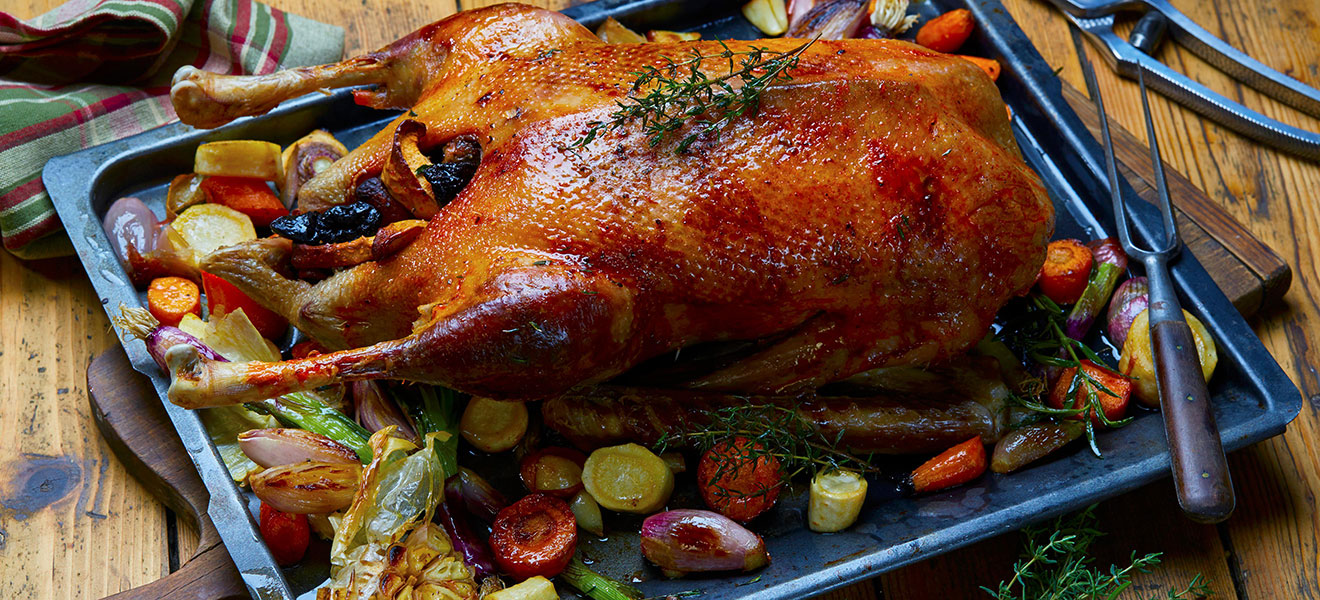 Nine things you ought to know if you're having goose for Christmas
Nine things you ought to know if you're having goose for ChristmasIf you're looking for a change from turkey for Christmas dinner, goose is the obvious choice – but there are a few things to think about, as Kate Green explains.
By Kate Green
-
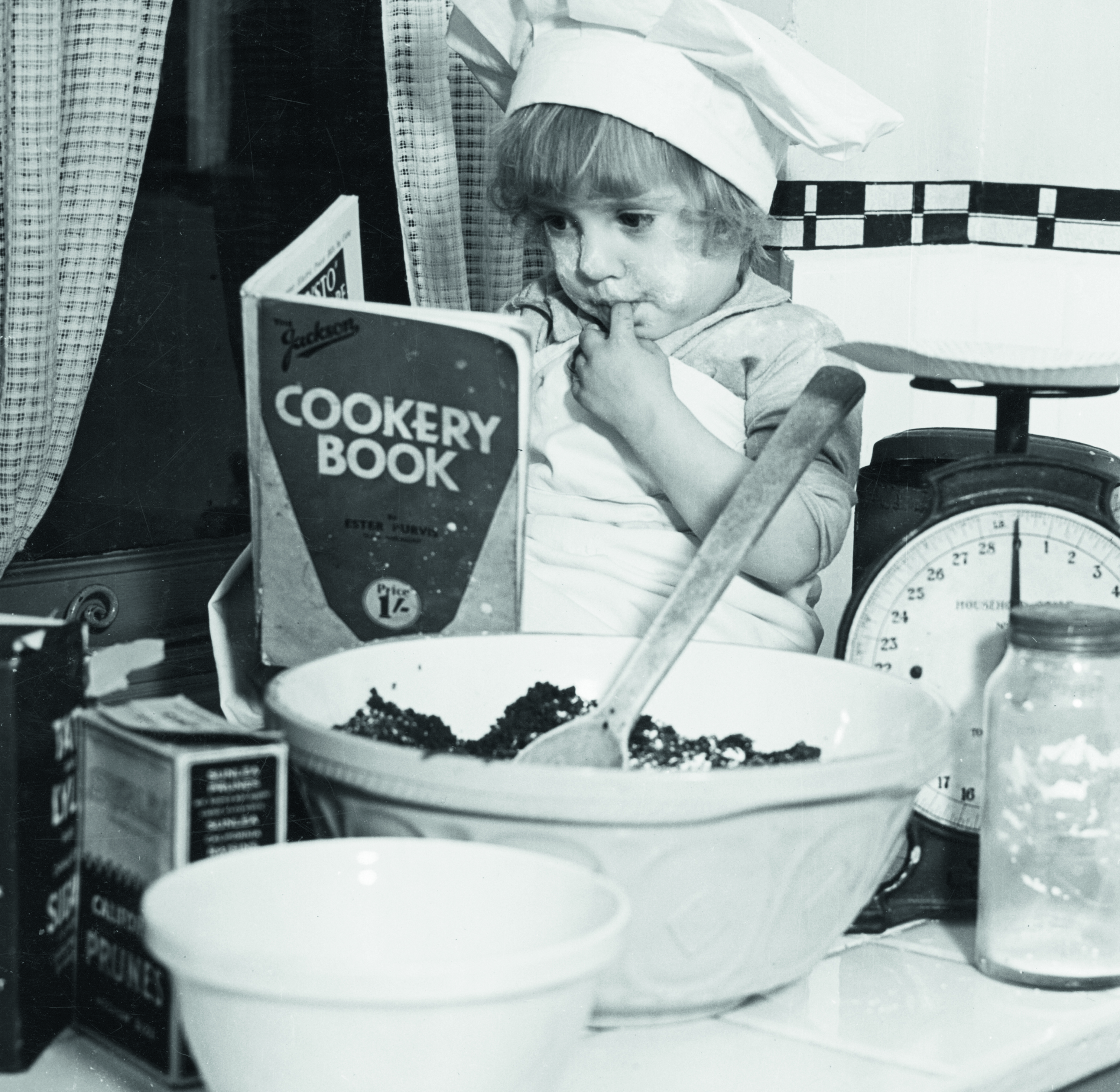 When did Stir-up Sunday first begin?
When did Stir-up Sunday first begin?On the last weekend before Advent, families gather to make Christmas pudding on the day we know as Stir-up Sunday. But when did we start giving it that name? With Stir-up Sunday 2023 falling on November 26th, Neil Buttery takes a look.
By Country Life
-
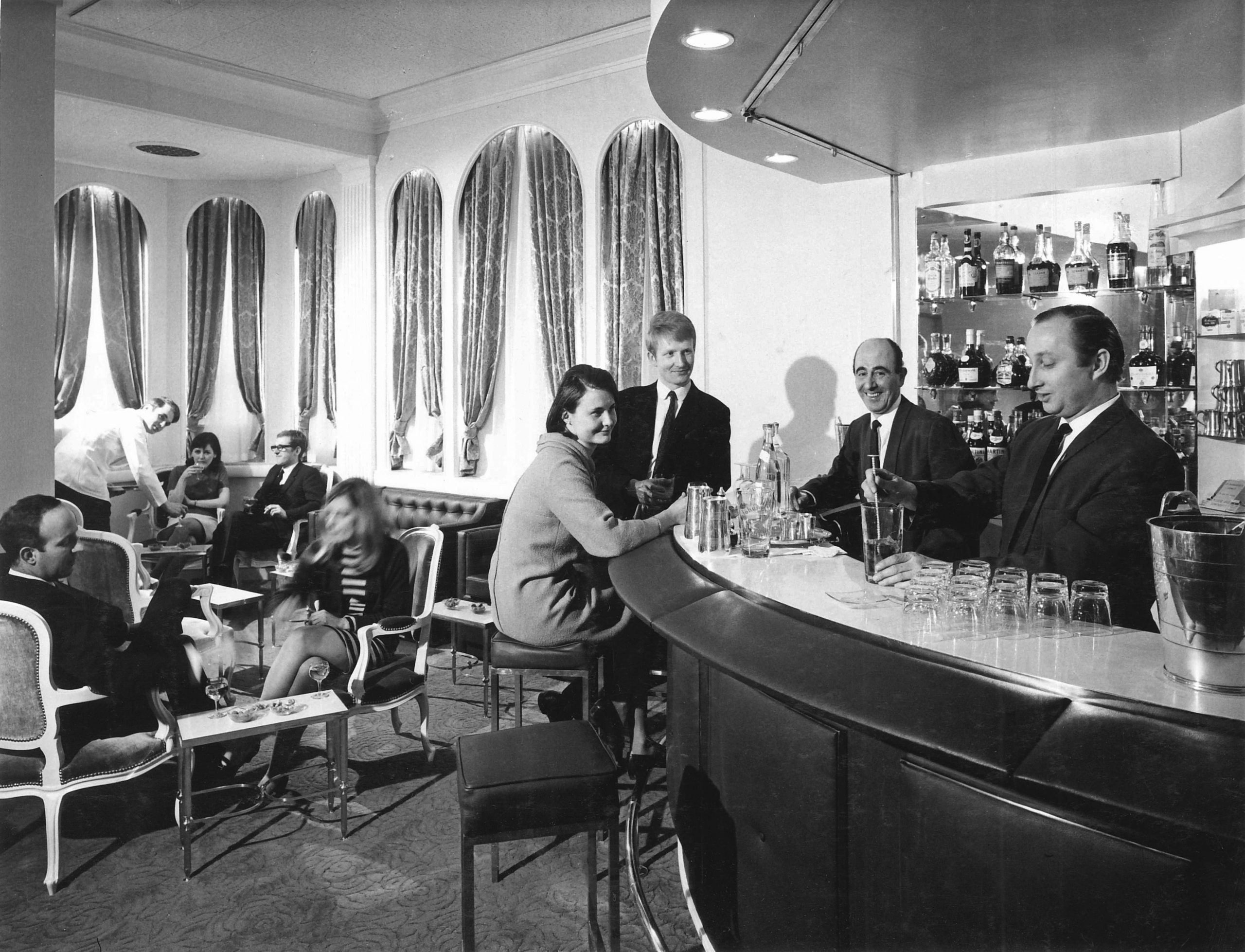 The iconic American bars in London perfect for lifting a Thanksgiving cocktail
The iconic American bars in London perfect for lifting a Thanksgiving cocktailGlamorous American bars were once a familiar sight in London, catering to US and British citizens alike, but only two of the historic ones remain. On the eve of Thanksgiving, Robert Crossan goes in search of both.
By Rob Crossan
-
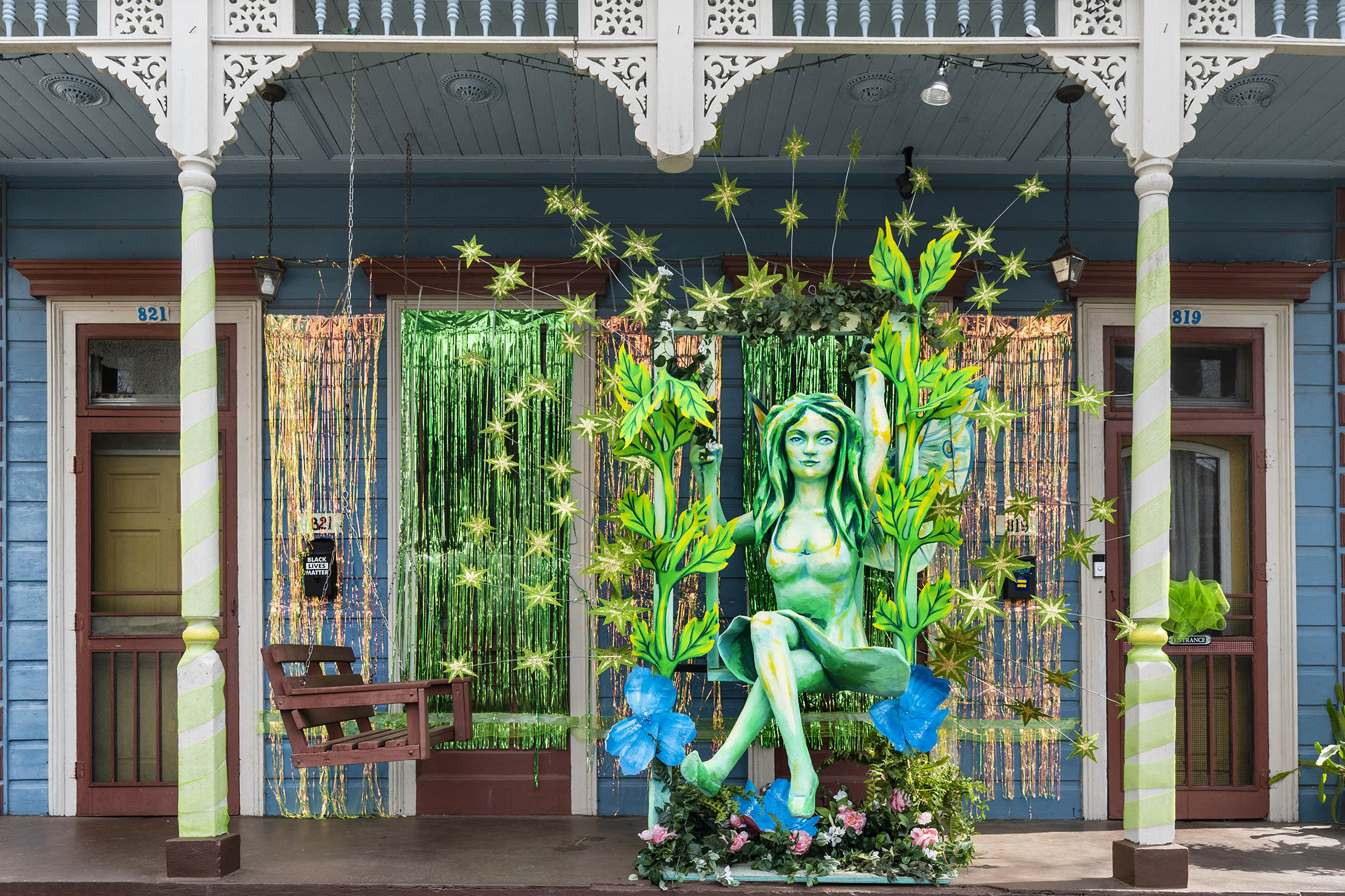 Curious Questions: Why was absinthe banned?
Curious Questions: Why was absinthe banned?Absinthe is almost unique among alcoholic spirits for having been outlawed in even some of the world's most liberal countries — but how did that happen? Martin Fone traces back the story to find the tales of debauchery, hallucination and even murder that once gave the drink its bad name — and looks at how it's returned to prominence.
By Martin Fone
-
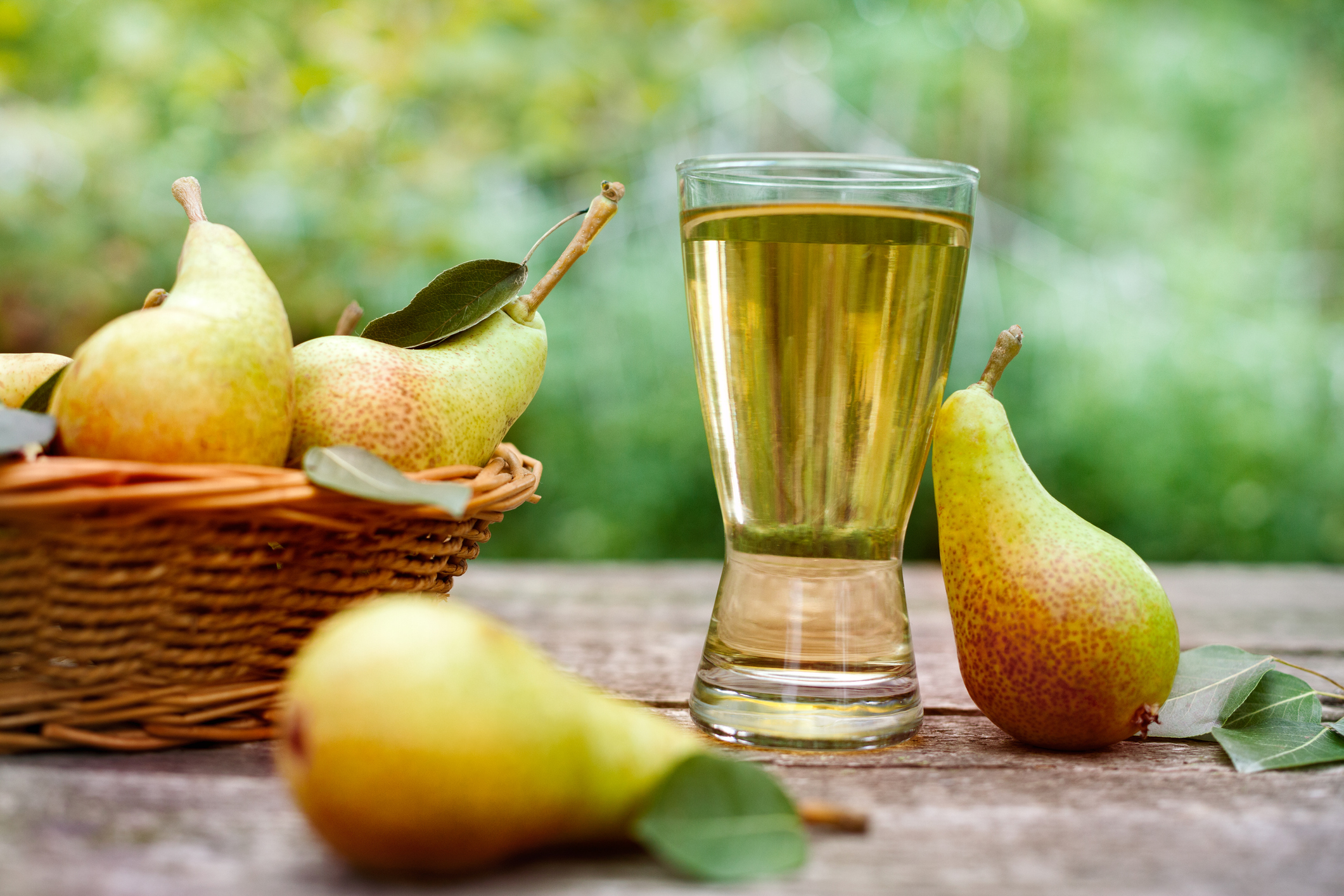 Perry: The pear cider dubbed 'the English champagne' that's been an English passion for centuries
Perry: The pear cider dubbed 'the English champagne' that's been an English passion for centuriesNot to be confused with cider, the art of perry-making is more than a craft — it’s an English passion. Ben Lerwill meets some of our best producers of fermented pear juice.
By Ben Lerwill